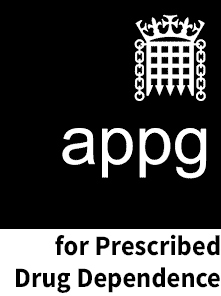A welcome guidance

Hadyn Williams
Chief Executive Officer, BACP
BACP has been proud to be part of this important project to produce much-needed guidance for our members.
The increase in the prescription of psychiatric drugs means many of our members are working with clients who are taking or withdrawing from them, and this can have an impact on their work.
We know from a recent survey of practising therapists that the majority feel ill-equipped to deal with these issues in a therapeutic setting.
This work will provide our members with up-to-date evidence and relevant guidance to help clients deal with the issues around taking or withdrawing from such drugs and understand the impact on clients and therapy.
We fully support the guidance and recommend it as a resource for our members and training providers.

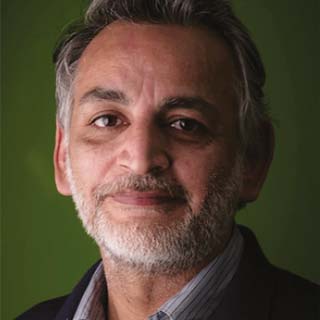
Sarb Bajwa
Chief Executive, BPS
The BPS fully endorses this guidance and is proud to have produced this in collaboration with our partner organisations.
We believe the official recognition of the increasing numbers of people being prescribed psychiatric drugs, and the difficulties withdrawing from them, is a positive step in helping both patients and psychological therapists.
Our members have consistently told us that they need guidance, information and training to help them work more confidently with clients either taking or withdrawing from prescribed drugs.
The evidence reviewed in this guidance provides an up-to-date summary of the main effects, adverse consequences and possible withdrawal reactions for each of the main classes of psychiatric drug.
We strongly recommend this guidance as a resource for our members.
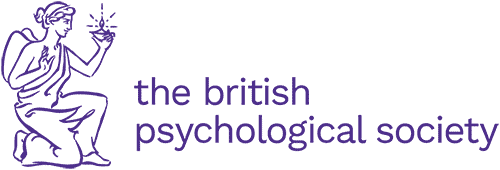

Professor Sarah Niblock
Chief Executive, UKCP
We are absolutely delighted to endorse this guidance document, which will be an invaluable resource to countless therapists both now and for years to come. It’s commonplace for UKCP members to be working with individuals taking psychiatric medication, yet many don’t feel properly equipped to discuss this in therapy. This guidance not only provides therapists with deeper knowledge of these medications, but will enable them to discuss confidently issues that are often central to the emotional distress that people they are working with are experiencing. The importance of this cannot be underestimated. It constitutes yet another important step in improving the care for the alarming number of people currently being prescribed psychiatric medication.
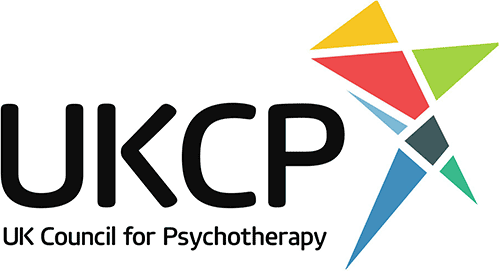

Vicky Parkinson
Chief Executive Officer, NCS
The National Counselling Society fully support this guidance, and commend the authors and organisatons involved in its compostion. The increase in psychiatric drug prescriptions should be viewed through a critical lens. The research laid out in this guidance clearly indicates an urgent need for more education on the impact of such prescribing, as well as critical evaluation of the paradigm by which it is enabled. As medication is being used in a wide variety of mental health settings, our members will have experienced the impact of these drugs upon clients and therapy. In many cases, therapists may be unaware how medication, and psychaitric drug withdrawal itself, can subtly yet significantly impact the therapeutic process. We would ideally like to see all therapists and allied professionals develop greater awareness of the potential impact of prescribed drug dependency. We strongly encourage our members and training providers to familiarise themselves with this guidance.



Olga Runciman
Dr Magnus Hald
Board Members IIPDW
Olga: The IIPDW is delighted to endorse this unique and immensely valuable document, which we are promoting
internationally. I am a psychologist (in Denmark), but as an ex ‘service user’ I have experienced difficulties with, and faced hard decisions about, several types of psychiatric drugs. I would have loved for the non-medical staff involved in my care to have had access to this Guidance. I am so pleased that you properly involved ‘experts-byexperience’. It shows.
Magnus: As a psychiatrist (in Norway) I feel it is essential that my colleagues from other disciplines are knowledgeable about, and confident discussing, medication. Obviously, the IIPDW focuses on withdrawal issues and so we were pleased to see that this Guidance document addresses those in an evidence-based and balanced manner.
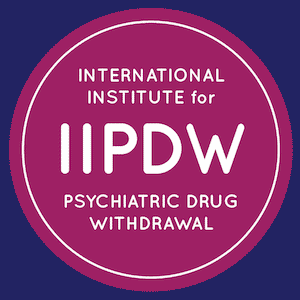

James Moore
Let’s Talk Withdrawal Founder
In common with many other support groups, Let’s Talk Withdrawal was founded to address a glaring need, to support those who have had difficult experiences coming off psychiatric drugs.
We wholeheartedly welcome the guidance which addresses this significant shortcoming and provides evidence that can support discussions between therapists and clients on psychiatric drug withdrawal.
It is so important to recognise and support those who have experienced prescribed drug dependence and the guidance enables truly informed discussions as it is based on both scientific principles and lived experience input. This document will allow for much greater understanding amongst psychological therapists and help them guide their clients in making the decisions about
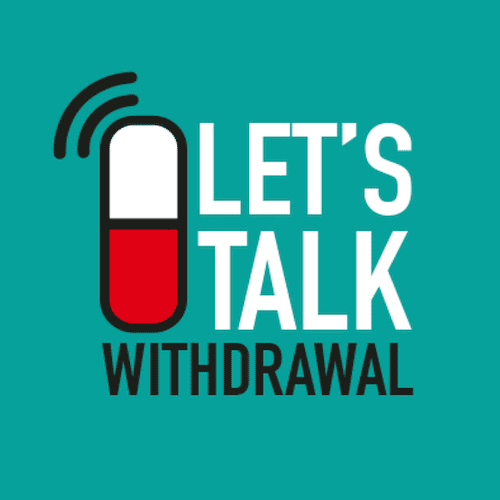

Rai Waddingham
Chair, National Hearing Voices Network
We enthusiastically welcome this guidance. For too long therapists have been encouraged to deflect ‘medication-talk’, deferring to their medical colleagues. Yet decisions around taking medication (even those made by clinicians) are not purely medical. They are embedded in complex social, emotional, historical, economic and political realities. They are made within a complex web of relationships, shadowed by the possibility of ‘forced treatment’. Informed choice is myth unless we each have access to information, human rights-based support and rhetoric-free spaces to make up our own minds. Use this guidance as a springboard: listen more, learn more. Be curious. Let it shake up any notion that this is not in your remit. Hear us. Believe us. Stand with us. Most importantly, help create the uncluttered spaces we need to explore our diverse experiences of medication (the good, the bad and the complicated) and respect the choices we make.

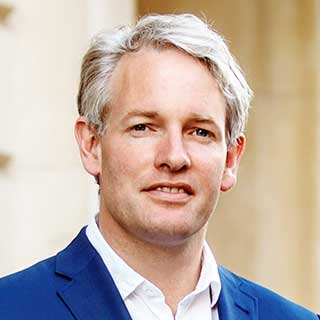
I am delighted that the APPG for Prescribed Drug Dependence has brought together the leading therapy organisations and relevant experts to produce this guidance, which will help to tackle the problem of prescribed drug dependence highlighted by Public Health England’s 2019 report. It is clear that many people end up taking unnecessary and potentially harmful psychoactive drugs for years, and that there has been inadequate recognition of the problem and very little support for those wishing to withdraw. This guidance, along with the other recommendations from PHE such as a national helpline, are therefore part of an overdue response to this important public health issue.
Danny Kruger MP
Chair, APPG for Prescribed Drug Dependence, from October 2020
